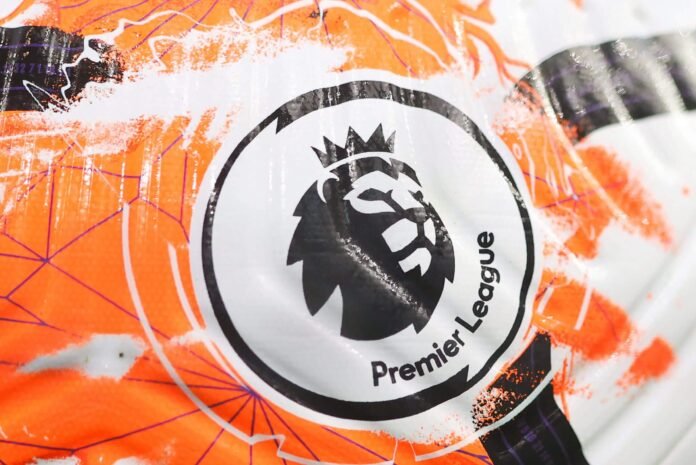Premier League clubs will now face sanctions if they are found to have inflated their deals with ‘associated parties’.
Last month, the league’s teams voted to toughen rules on associated party transactions, which can include deals with another football team within a multi-club group or with a company that has the same ownership group as the club.
The Premier League’s handbook was updated on March 4 to reflect the new guidance regarding such transactions and the possible penalties that clubs could face.
In previous iterations of the league’s handbook, there was no such reference to possible sanctions. Instead, it was stated that, if the Premier League found an associated party transaction to not be fair market value, it would tell the club what the fair market value is and either prevent them from doing a deal if it was yet to be signed, or that the club should take the necessary steps to undo it if it had already gone through.
If clubs are found to have breached these rules, the Premier League has confirmed that there is no fixed policy or sanctions in place — any decision on that will be left to the discretion of an independent commission.
The burden of proof with regards to whether an associated party transaction is fair market value also now falls with the clubs in the updated guidance, with the Premier League board ultimately determining whether such a deal has been correctly reported to the league by the clubs.
The Premier League’s handbook now states that “clubs have agreed (to the associated party transaction rules) as a necessary tool in maintaining the effectiveness of the profitability and sustainability rules (PSR), by ensuring the veracity of the costs and revenues reported by clubs for the purposes of compliance”.
The new stipulations in the handbook also state that a director of the relevant associated party must submit a declaration to the Premier League “by way of confirmation that they (the director) consider the… transaction to be at fair market value”.
Manchester City are owned by City Football Group, which controls one of the largest multi-club groups in the world (Paul Ellis/AFP via Getty Images)
The Premier League has previously stated its judgements on what an associated party transaction constitutes are based on the “substance of the relationship and not merely the legal form” with the definition including when a club and an entity are “directly or indirectly controlled, jointly controlled, or materially influenced by the same government, public or state-funded body or by the same party”.
One club, believed to be Manchester City, has argued that the new rules may be in contravention of competition law. The Premier League insists they are fully compatible with such laws.
New regulations were introduced in 2021 which stated that club sponsorship deals worth more than £1million would have to be submitted to the Premier League to check it is not an “associated party” transaction. These were agreed by the clubs, despite opposition from Newcastle United and Manchester City.
Under the previous rules, if the Premier League suspects a transaction is from an “associated party” it would conduct a “fair market value assessment” to determine whether its value has been inflated.
Last November, clubs — who were backed by the Premier League itself — saw a proposal to block loan deals between associated clubs gain 12 votes, while a plan to block wider affiliate transactions attracted 13, both falling just short of the 14 votes required to pass.
(James Gill – Danehouse/Getty Images)
Read the full article here


